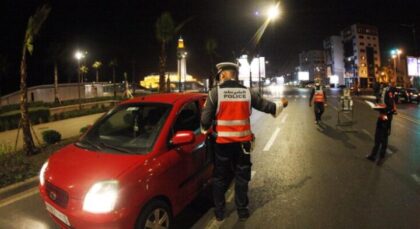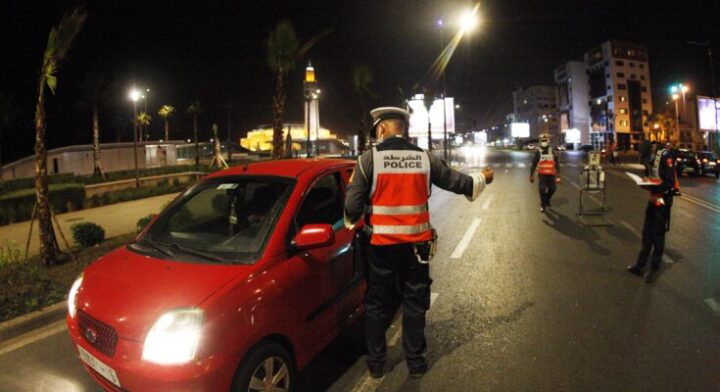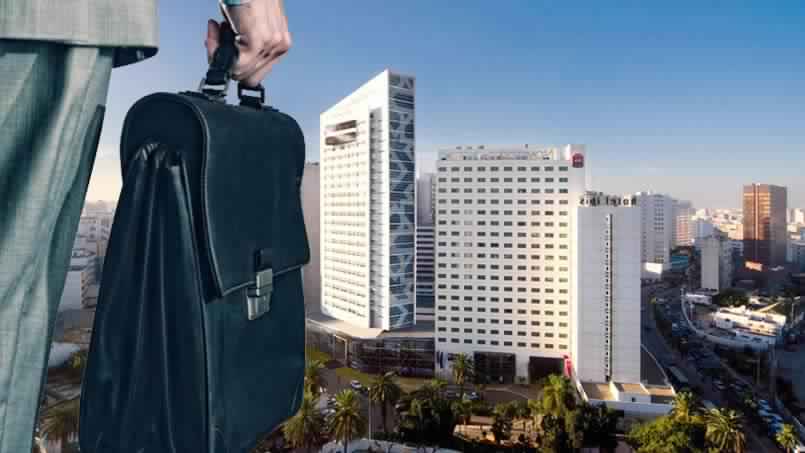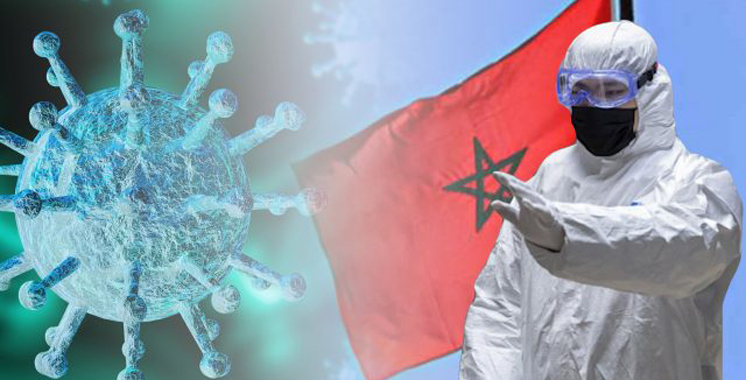 The government Council, held this Monday in Rabat, has decided to extend the state of health emergency across the national territory until Tuesday October 31, 2021, as part of efforts aimed at curbing the spread of the COVID-19 pandemic.
The government Council, held this Monday in Rabat, has decided to extend the state of health emergency across the national territory until Tuesday October 31, 2021, as part of efforts aimed at curbing the spread of the COVID-19 pandemic.
The state of health emergency, in force since March 2020 and that was scheduled to expire on Friday September 10, 2021, seeks to limit the spread of the pandemic and minimize the danger related to its variants.
The state of health emergency enables the government to make swift, necessary decisions to curb the spread of COVID-19.
This umpteenth extension comes at a time Morocco is experiencing a surge in COVID-19 cases, the North African country now recording thousands of cases and over 100 fatalities on a daily basis, despite the steady continuation of the vaccination campaign, that enabled to inoculate some thirty million people.
Actually, Morocco counts 12,911,072 fully vaccinated people, while those who have received the first dose of the vaccine reached 17,288,054.
Meanwhile, the supply of anti-Covid vaccines is going well, as Morocco, which aims to achieve herd immunity, has ordered 66 million doses of vaccines.
However the surge of cases is alarming health professionals and experts, with some calling for a return of strict preventive measures, not excluding a total lockdown as the most effective way to curb the spread of COVID-19, while others are advocating a more measured response so as not to worsen the economic impact of the pandemic.
Early August, the Moroccan government decided to tighten or re-impose a number of restrictive measures, following the surge.
The night curfew was thus extended from 9 p.m. to 5 a.m. and travel to and from Casablanca, Marrakech, Agadir was banned.
The measures provide for the closure of restaurants and cafes at 9 p.m. as well as the closure of hammams (public baths), gyms and indoor swimming pools.
Gatherings and activities in closed and open spaces should not exceed 25 people, in case this number is to be exceeded, the authorization of local authorities will be required.
Hotels and tourist establishments must not exceed 75% of their reception capacity, the government had said, calling for the encouragement of remote working in the public and private sectors when possible.
The measures adopted under the state of health emergency also include ban on funerals, wedding ceremonies and parties, and respect of a maximum of 50% of the reception capacity in cafes and restaurants, public transport and public swimming pools. Travel between prefectures and provinces is subject to the presentation of the vaccination passport or a travel administrative authorization issued by the competent territorial authorities.



